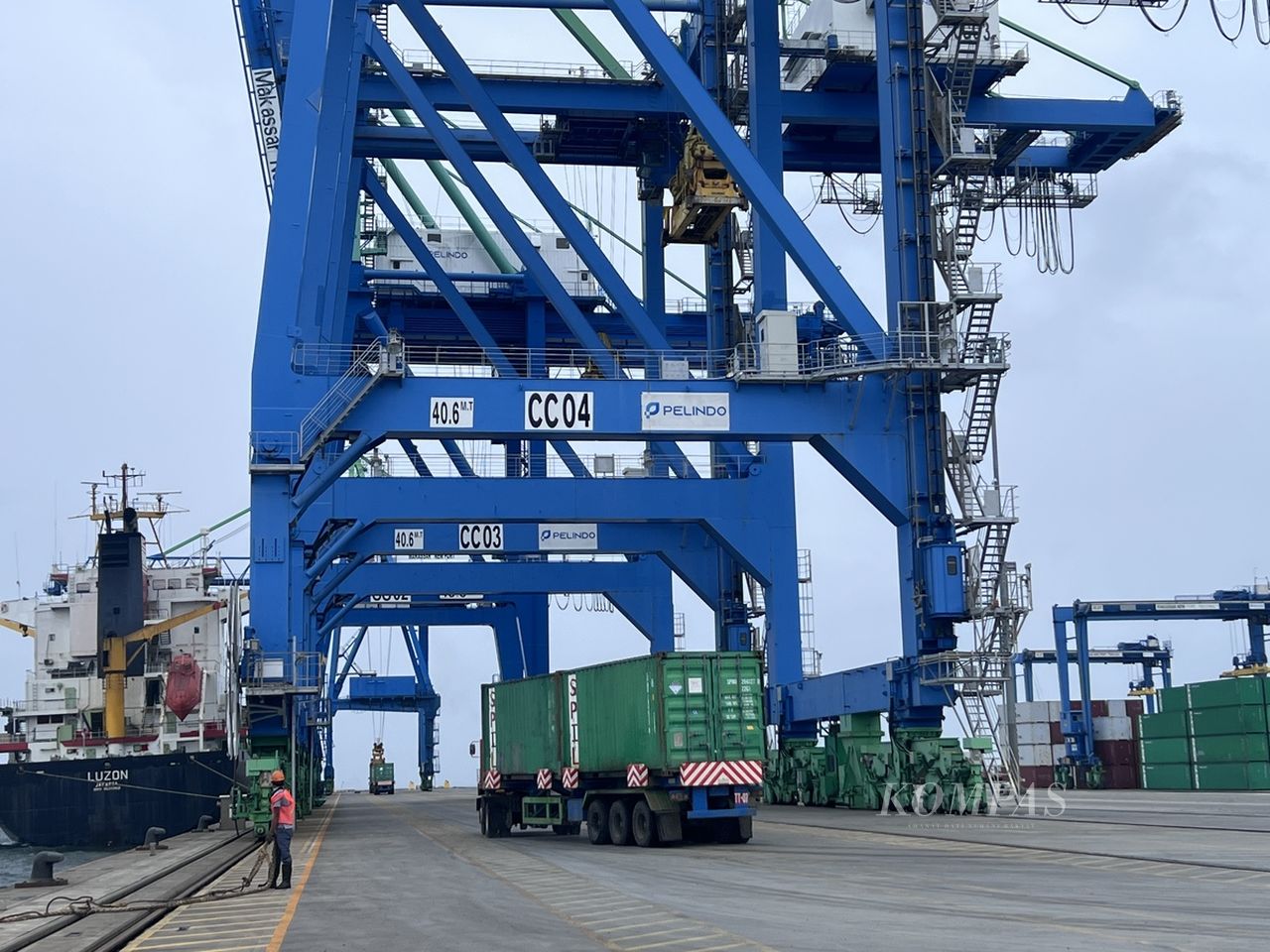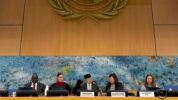Indonesia Rejects Protectionism Despite Global Economic Challenges
JAKARTA, RAKYAT NEWS – The head of Indonesia’s National Development Planning Agency (Bappenas), Rachmat Pambudy, recently acknowledged the increasing complexity of the global economy but firmly stated that Indonesia would not adopt protectionist policies.
Protectionism refers to economic policies aimed at shielding domestic industries from foreign competition, often by imposing trade barriers. Despite the growing global trend toward protectionism, particularly following Donald Trump’s victory in the 2024 U.S. presidential election, Indonesia remains committed to open trade and market access.
During the CORE Economic Outlook 2025 event in Jakarta on November 23, Rachmat emphasized that while the world economy is increasingly shifting towards protectionism, Indonesia will ensure its sovereignty is protected without restricting international trade.
He noted that this balancing act was essential as Indonesia aims to protect its domestic economy while maintaining global market engagement. “We protect ourselves but we are not protectionist,” Rachmat said during his speech.
Rachmat’s comments come amid rising concerns that global trade barriers will increase following Donald Trump’s return to power. Experts predict that Trump will further emphasize protectionist policies, particularly with regard to tariffs on goods from countries like China and ASEAN members such as Vietnam. In light of this, Indonesia’s stance remains clear: they will continue advocating for free and fair trade, rejecting the notion of isolationist policies that could hinder economic growth.
President Prabowo Subianto has also publicly acknowledged the importance of free trade but stressed that it must be fair. According to Rachmat, while free trade is crucial for Indonesia’s economic growth, ensuring equitable conditions for domestic industries is equally important. Indonesia’s government has repeatedly called for a more balanced global trade system, where developing countries are not disadvantaged by unfair trade practices.



























Tinggalkan Balasan